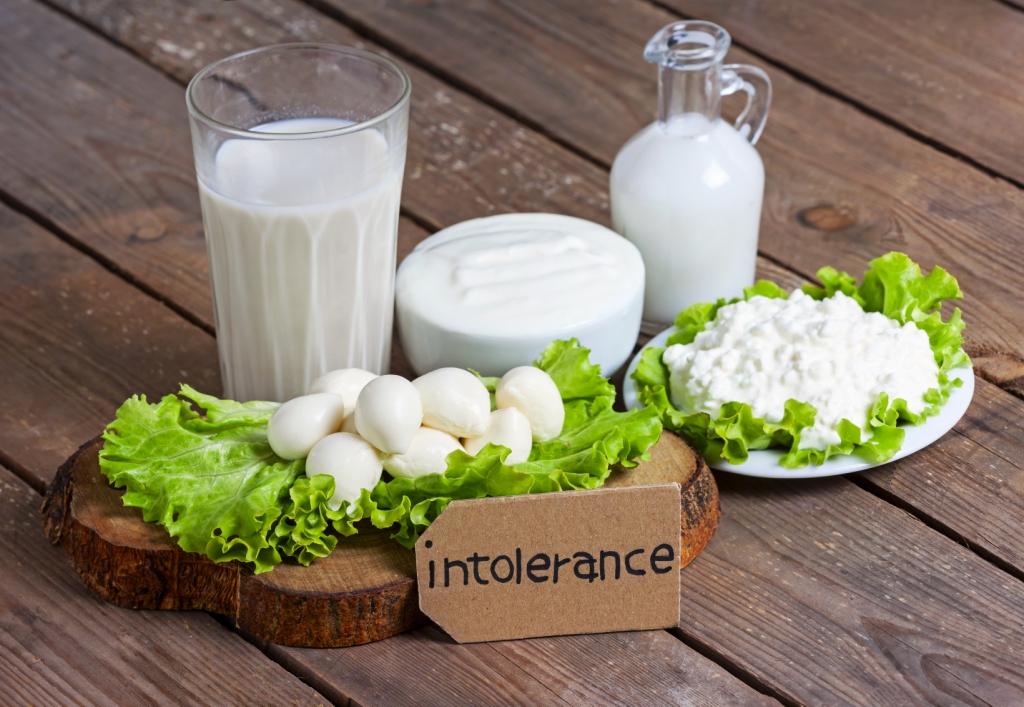Probiotics are live bacteria that provide goodness to your body. Yes, that’s right! They are bacteria but hold on! Don’t cringe yet! Not to worry, it’s not the ones that cause infectious diseases. These bacteria are known as the good bacteria that resides in your body. As a matter of fact, the body houses trillions of good and bad bacteria. The human microbiome is just like a huge community that are constructed by populations, which in this case are bacteria, fungi, virus and protozoa.
Probiotic food usually undergoes fermentation to multiply in amount and increase its value. You might think that as long as the food is fermented, it should have probiotic. No, it does not work that way. Your favourite piece of loaf or alcoholic beverage may have gone through fermentation, but the sad news is that it does not contain any probiotic as they are killed at the final processing stage.

Instead, here are some example of food that contain probiotic:
- Yogurt
- Kefir
- Buttermilk
- Kimchi
- Sauerkraut
- Tempeh
- Kombucha
- Miso

Type of Probiotics
Just like how different species of animals can live together in a community, probiotics do exist in different species as well and different species come with different functions. For example, one might be more effective in treating diarrhoea while the other is more targeted on oral health. The yogurt we consumed are mostly fermented by Lactobacillus bulgaricus and Streptococcus thermophilus while we usually find yeasts like Saccharomyces cerevisiae in kefir products.
How Does it Work?
Probiotics are tiny living microorganisms and they survive by degrading non-digestible substance known as prebiotics to obtain energy. So, what is prebiotic? ‘Pre’ has a similar meaning as ‘prior to’ while ‘biotic’ refers to living objects. Therefore, prebiotic simply means food for probiotic. Prebiotic is a type of fibre that we can easily obtain from our diet. Now is the perfect time to step up your fibre game. So, here are some of the examples of prebiotic food for your knowledge:
- Asparagus
- Banana
- Barley
- Beans
- Chickpeas
- Garlic
- Grapefruit
- Leeks
- Oats
- Onion

‘Probiotic pretty much exerts beneficial effects to most part of our body, from the oral up to our colon’.
Why are these bacteria so important?
Here are some important facts to take note of!
Digestive Health
Probiotic pretty much exerts beneficial effects to most part of our body, from the oral up to our colon. It plays a huge role in improving our intestinal health by colonizing the gut. Having a healthy balance of gut microflora can improve our digestion and increase nutrient absorption in the intestines.

Hence, it has also posed therapeutic effect towards conditions like Irritable Bowel Syndrome (IBS) and Inflammatory Bowel Disease (IBD).
Immune System
Falling sick typically weakens our immune system and this results in an overpopulation of bad bacteria in our gut.

Consuming probiotic as your daily regimen will provide an extra boost to your immune system. It flourishes our gut microflora with good bacteria to help fight against the bad bacteria. The particular strains with said function are Bifidobacterium bifidum, Bifidobacterium longum and Lactobacillus rhamnus.
Allergies/Intolerance
Many with lactose intolerance fear the consequences of consuming dairy products including yogurt and that is a common misconception. Probiotic actually helps to break down the lactose in dairy products as well as alleviating the associated symptoms.

In this case, Bifidobacterium longum and Lactobacillus paracasei are both well known for this function. Besides, they also possess antiinflammatory effects on allergic disorders.
Probiotics have been closely linked to a number of potential health benefits such as relieving diarrhoea, constipation, atopic conditions like eczema, oral diseases and urinary infections. Some studies have also shown possible relation towards the prevention of Autoimmune Autistic Disorder (AAD), Necrotizing Enterocolitis (NEC), Ulcerative Colitis (UC) and cancer.
Source: Cleveland Clinic, Healthline, NCBI












